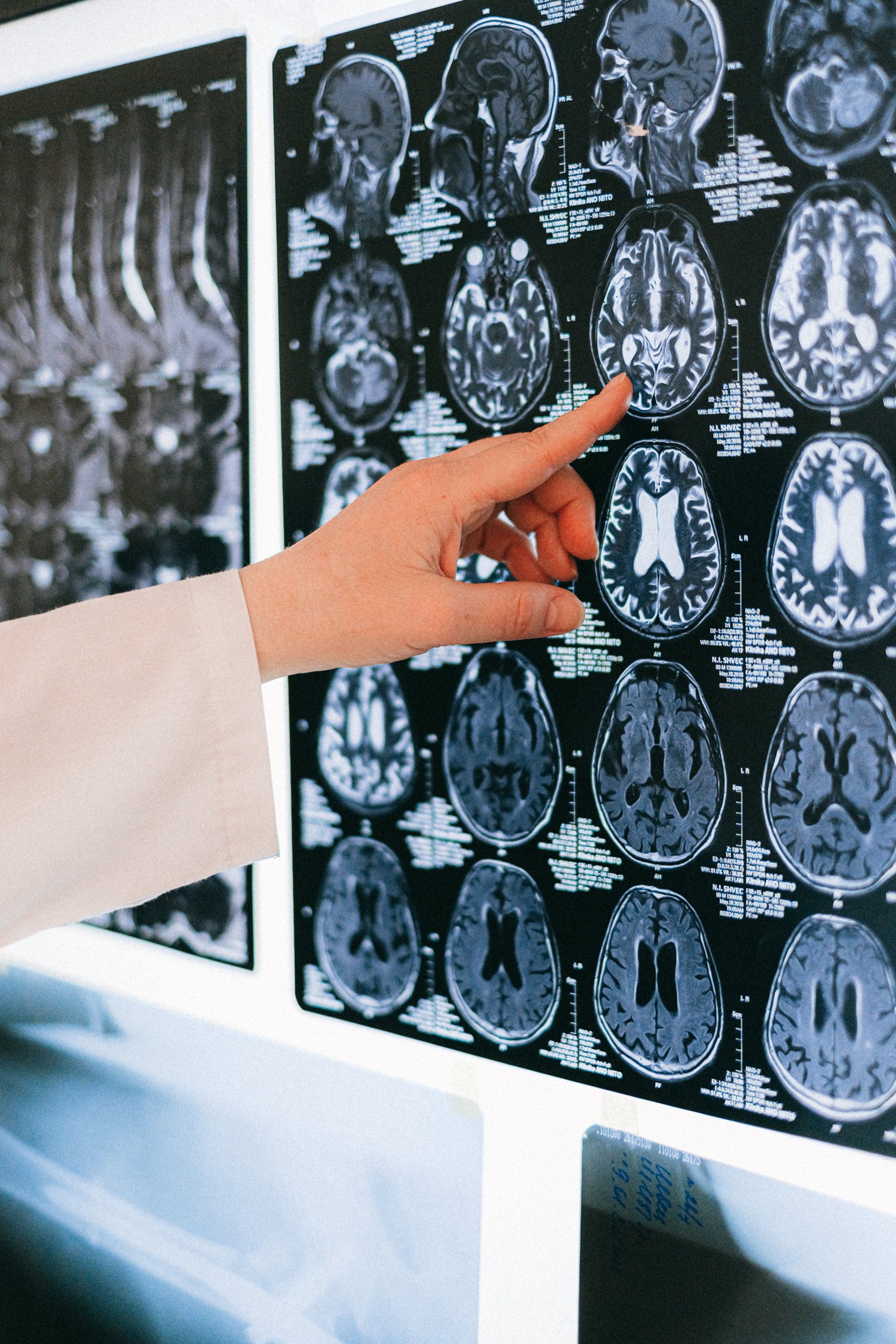Unlocking Hope: Cannabis and Alzheimer's Disease
A Ray of Light: Unveiling the Connection Between Cannabis and Alzheimer's Disease
Alzheimer's disease is a devastating neurodegenerative condition that affects millions of individuals worldwide, robbing them of their memories and cognitive abilities. In recent years, cannabis has emerged as a topic of interest in the realm of Alzheimer's research, offering potential benefits for cognitive health. In this enlightening blog post, we delve into the relationship between cannabis and Alzheimer's, exploring the scientific evidence, potential therapeutic effects, and considerations for those navigating this complex condition.
Understanding Alzheimer's disease requires recognizing it as a progressive neurodegenerative disorder that primarily affects memory, thinking, and behavior. It is characterized by the accumulation of abnormal proteins in the brain, leading to the loss of neuronal connections and cell death. Alzheimer's gradually impairs cognitive function, leading to significant challenges in daily functioning and overall quality of life.
Cannabis interacts with the endocannabinoid system, a complex network of receptors and neurotransmitters involved in regulating various bodily functions, including memory and cognition. In Alzheimer's disease, the endocannabinoid system becomes dysregulated, contributing to cognitive decline. By targeting these receptors, cannabinoids found in cannabis, such as THC and CBD, may potentially modulate neuroinflammation, oxidative stress, and other pathological processes associated with Alzheimer's, offering a potential avenue for therapeutic intervention.
Cannabis holds potential benefits for cognitive health in individuals with Alzheimer's disease. The cannabinoids present in cannabis, such as THC and CBD, have shown promise in potentially slowing down disease progression and reducing neuroinflammation, which are key factors in cognitive decline. Additionally, cannabis may help improve sleep, mood, and overall well-being, contributing to better cognitive function and quality of life for individuals with Alzheimer's.
When choosing strains and products for Alzheimer's, it is important to consider the balance of cannabinoids, particularly CBD and THC. CBD-dominant strains are often favored for their potential neuroprotective and anti-inflammatory properties, with minimal psychoactive effects. Consumption methods like sublingual administration or oils can provide precise dosing and ease of use, catering to the specific needs and preferences of individuals with Alzheimer's.
Integrating cannabis into a comprehensive Alzheimer's management plan involves a careful and personalized approach. Collaborating with healthcare professionals is essential to ensure proper guidance and monitoring. By considering the disease stage, individual needs, and potential interactions with other treatments, cannabis can be integrated as a complementary component to address cognitive symptoms and improve the overall well-being of individuals with Alzheimer's.
Alzheimer's disease presents immense challenges, but cannabis offers a glimmer of hope in the quest for improved cognitive health. By exploring the connection between cannabis and Alzheimer's, we shed light on its potential benefits and considerations for individuals seeking alternative approaches. However, it is crucial to approach cannabis use for Alzheimer's with caution, consulting healthcare professionals, understanding legal implications, and practicing responsible consumption. Together, let's unlock the potential of cannabis and pave the way for enhanced cognitive well-being for those affected by Alzheimer's disease.
SHARE:
Disclaimer: The information provided in this article is for educational purposes only. The content is not intended to be a substitute for professional medical advice, diagnosis, or treatment. Always seek the advice of your physician or other qualified healthcare provider with any questions you may have regarding a medical condition. The use of cannabis, including smoking, may have potential health risks and may not be suitable for everyone. It is essential to understand and abide by the laws in your country or state regarding cannabis use. The author and publisher of this article are not responsible for any adverse effects or consequences that may result from the use of the information presented in this article. This blog is sponsored by
Fresh Mint.












